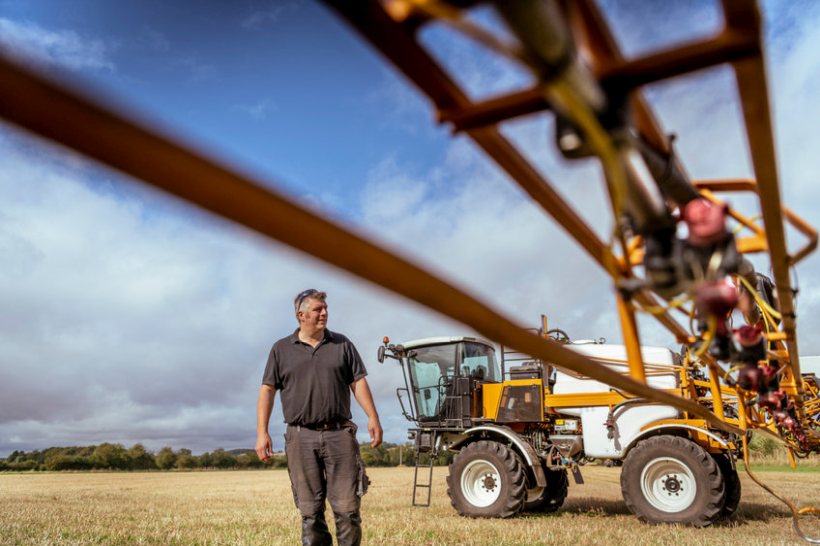
Farmers are being urged to treat sunscreen as essential safety gear, as a farming union is set to shine a spotlight on the serious risk of skin cancer.
Each year, over 4,000 cases of skin cancer are diagnosed in Northern Ireland, with outdoor workers—particularly farmers—among those most at risk due to prolonged exposure to ultraviolet (UV) rays.
Skin cancer is now one of the most common cancers in the UK, and UV rays can cause serious skin damage even on cloudy days.
Farmers in particular are exposed to harmful UV rays every day. Long hours in the sun make them one of the most vulnerable groups to skin cancer.
In response, the Ulster Farmers' Union (UFU) will be handing out free bottles of sunscreen to farmers at this year's Balmoral Show, along with informative leaflets detailing the signs of skin cancer.
UFU deputy president John McLenaghan said: “Sunscreen should be part of every farmer’s daily toolkit, just like wellies and waterproofs.
"Sunburn might feel temporary, but it increases the long-term risk of developing skin cancer, which can progress quietly over time and can be fatal.”
In Northern Ireland, non-melanoma skin cancers such as basal cell and squamous cell carcinomas are the most commonly diagnosed.
Health professionals stress that early detection and prevention are critical, especially as farmers may delay seeking medical help due to demanding work schedules and limited access to GP services.
Action Cancer’s senior skin cancer specialist nurse, Iona McCormack, added: “If you have a changing mole, increasing in size, changing shape or colour or itching, stinging or spontaneous bleeding, please seek advice and get it checked.
“If you have a non-healing skin lesion that ulcerates or bleeds, please also seek medical advice.
“Check your skin monthly and seek advice on anything changing, non-healing or if you develop a new mole – make sure to get it checked.”
The Agri Health Forum has shared several key recommendations for farmers to stay protected while working outdoors.
Farmers are encouraged to regularly examine their skin for changes, use high-factor sunscreen (Factor 50) generously, and apply it 30 minutes before going outside with reapplications every two hours.
Sunscreen should be worn from March to October, even on overcast days, and applied to all exposed areas including the neck, ears, and scalp.
In addition, wide-brimmed hats, sunglasses, and protective clothing should be worn, and farmers are advised to seek shade during peak UV hours.
Those with fair skin, freckles, red or fair hair, and light-coloured eyes should be especially cautious, as they are more susceptible to skin damage.
